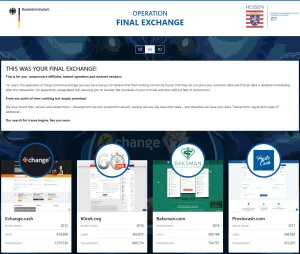The defi lending protocol Rari Capital, and its three co-founders, have settled charges from the SEC that it misled investors and engaged in unregistered broker activity. Rari Capital entities also settled charges that they conducted unregistered offerings of three securities, and engaged in unregistered securities offerings and unregistered broker activity. The SEC alleged that the firm and its co-founders made false statements to investors about supposedly automatic re-balancing of assets into the highest yield opportunities when, in fact, rebalancing was also done manually. The SEC also alleged that the company and its co-founders made misleading statements about the supposedly high yield from the platform, which they said did not account for fees, and which ultimately caused many investors to lose money.The company and co-founders will pay fines, and the individuals will agree to five-year bans from serving as officers or directors.
The regional SEC director stated, "We will not be deterred by someone labeling a product as 'decentralized' and 'autonomous'," alluding to crypto firms' tendencies to try to skirt securities regulations by claiming to be "decentralized".
Rari has featured on Web3 is Going Just Great before, when they were exploited for around $80 million in April 2022 and when they were exploited for around $15 million in May 2021. The project effectively wound down soon after the second theft.









